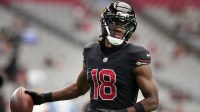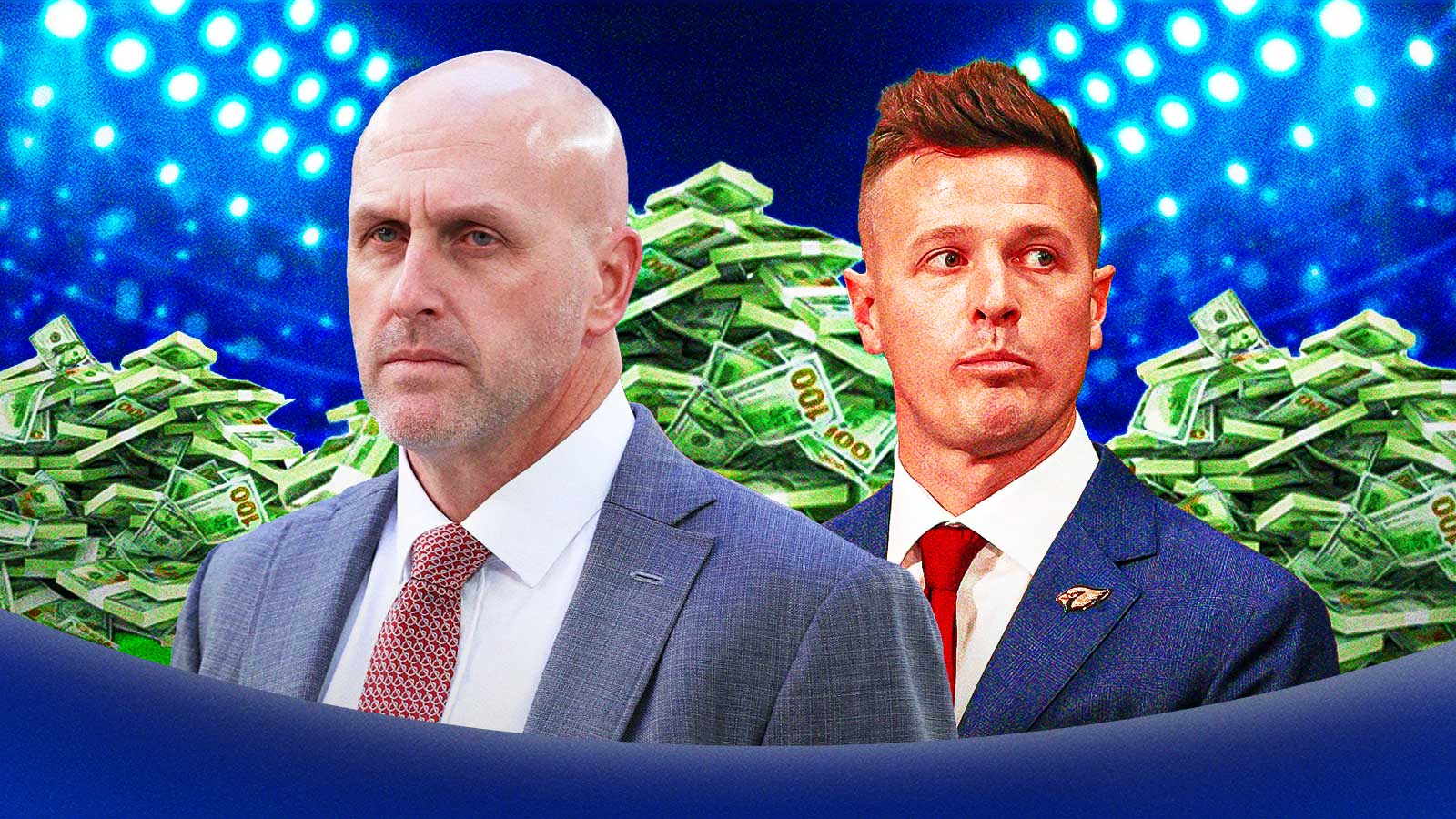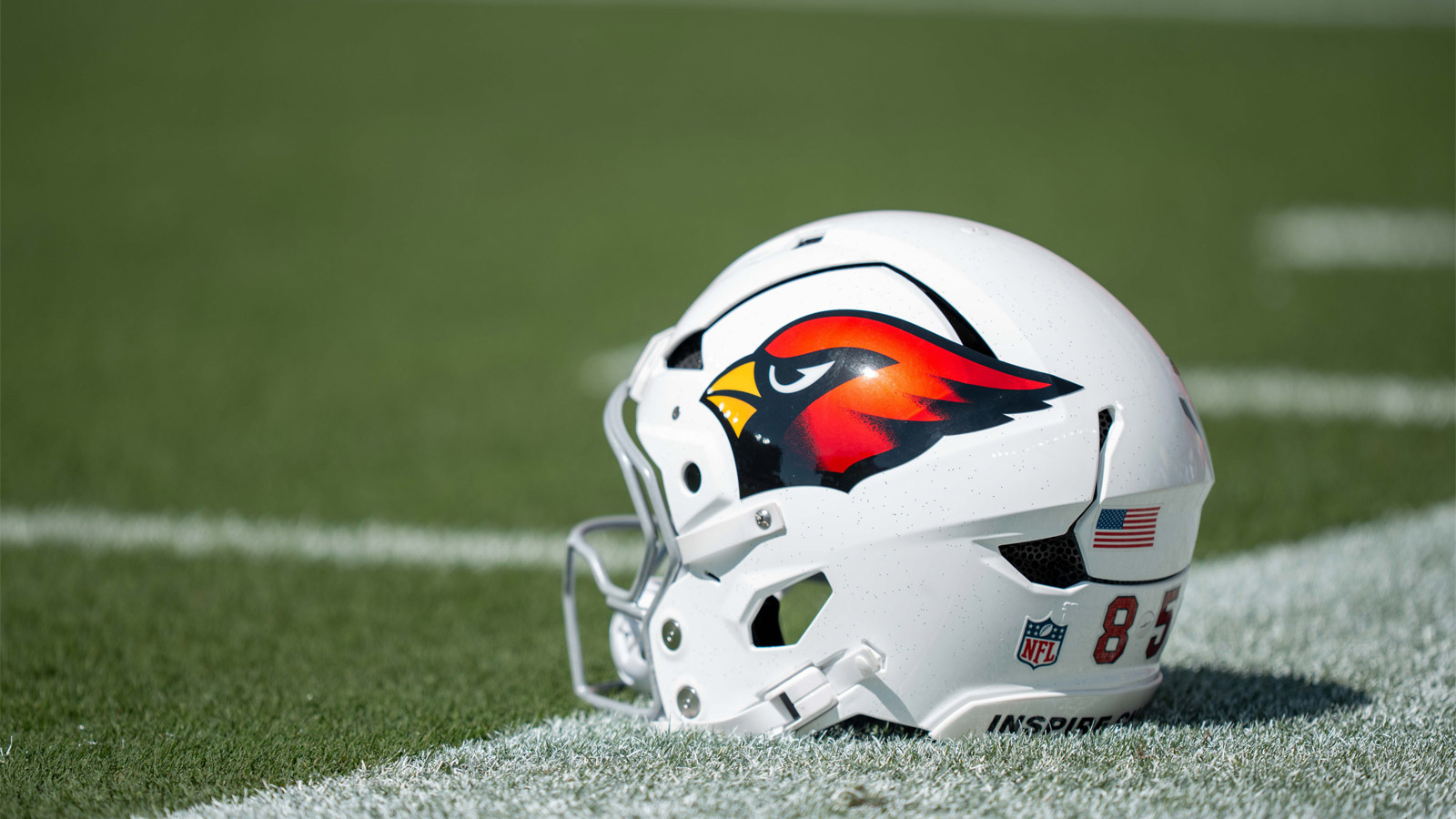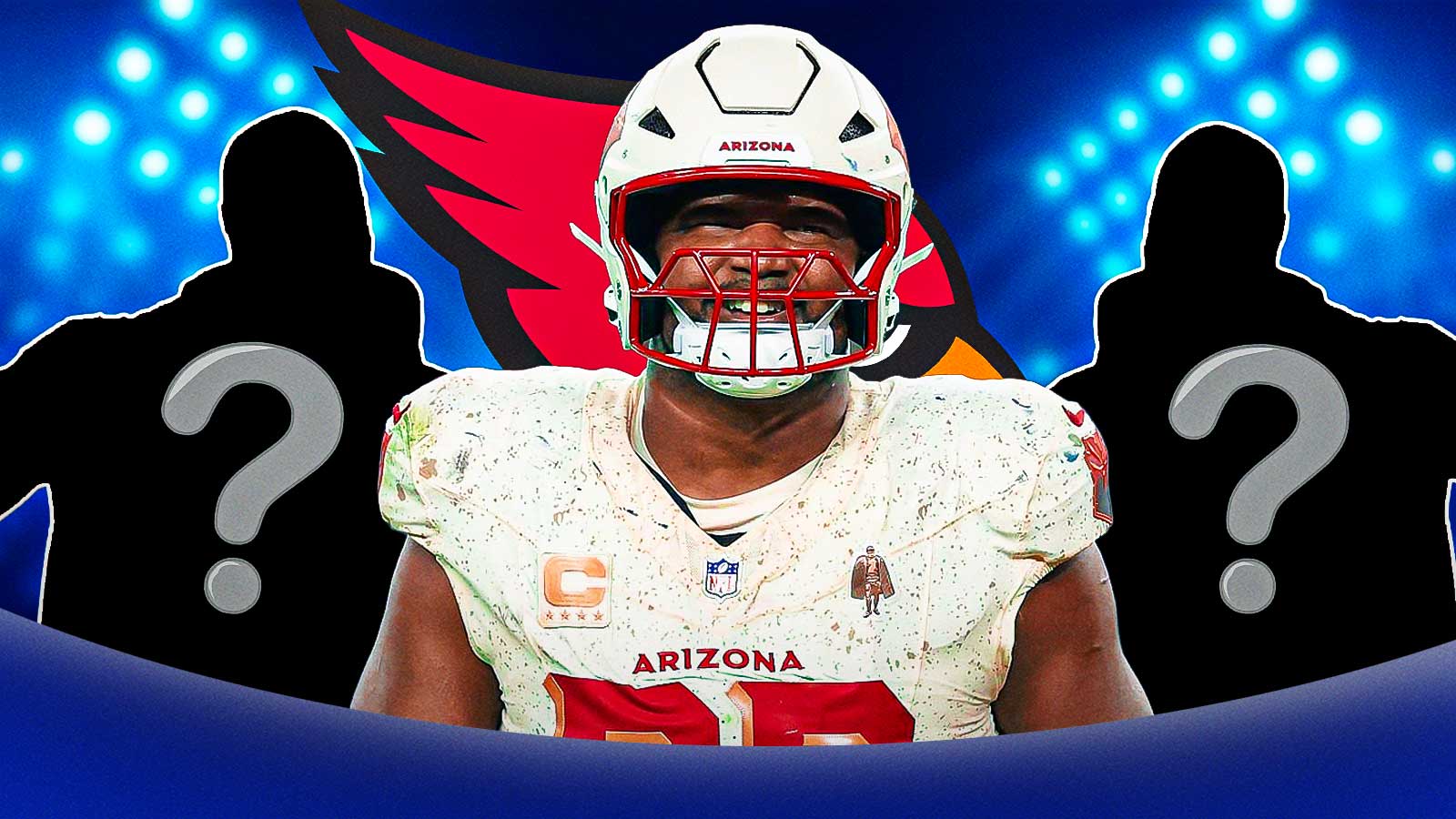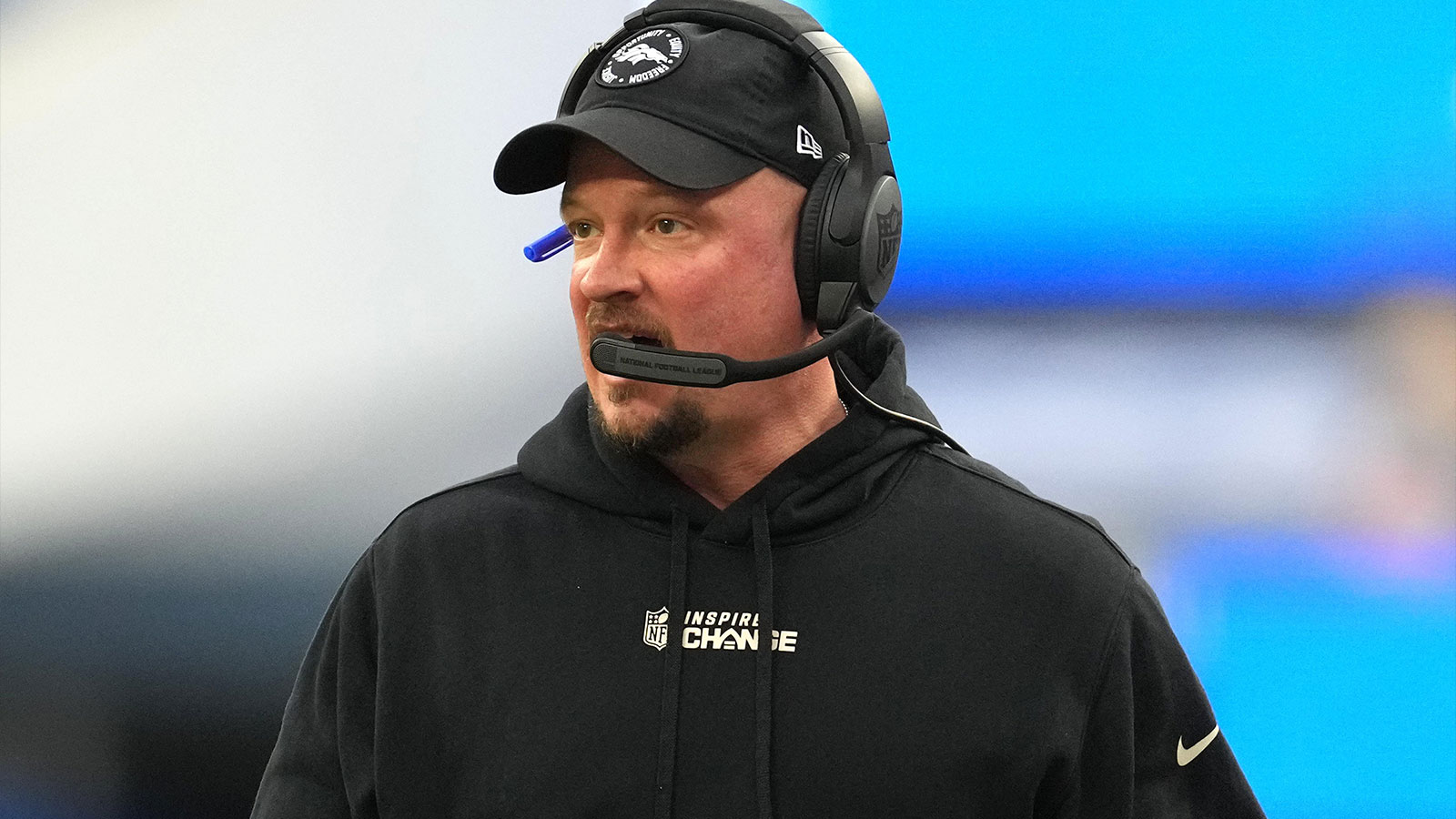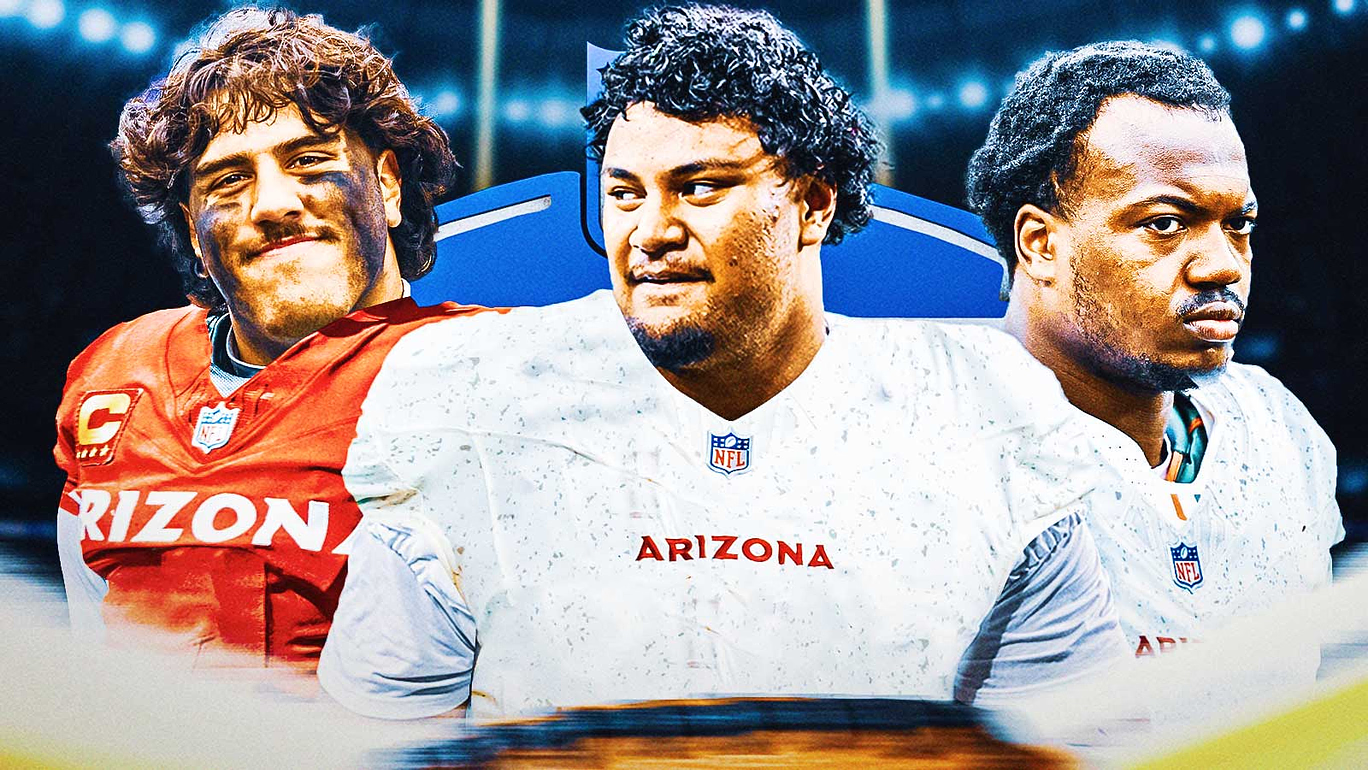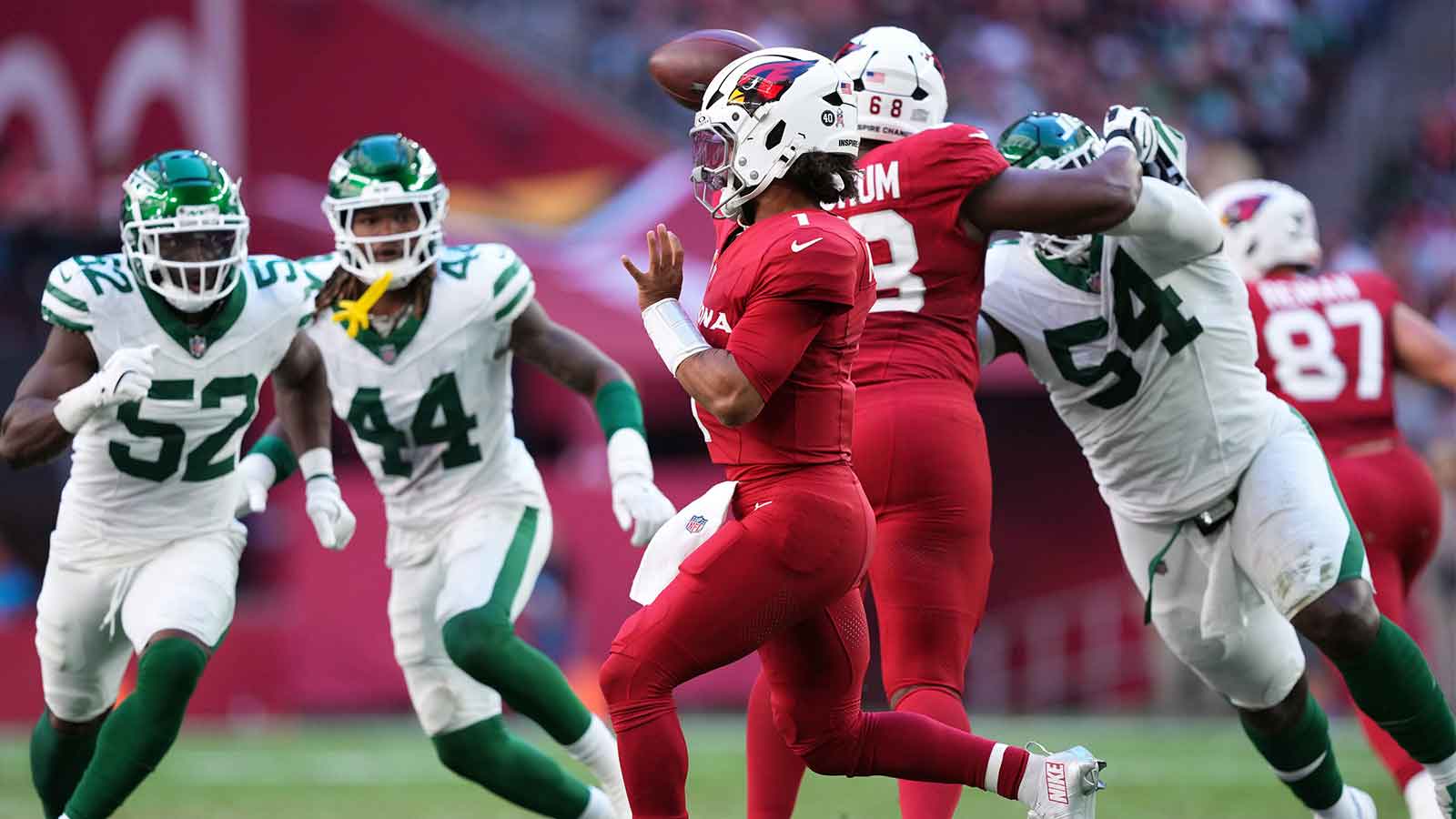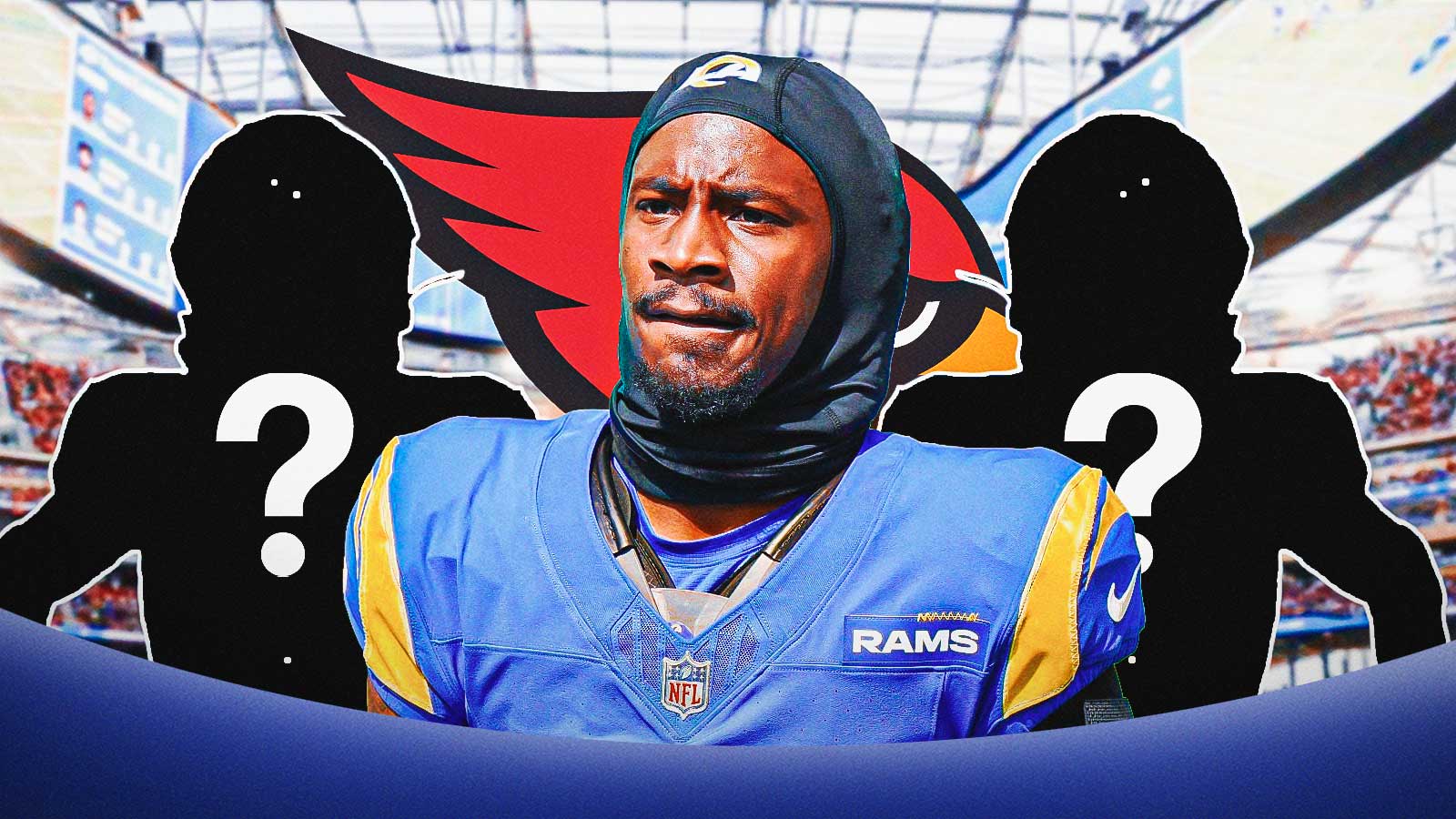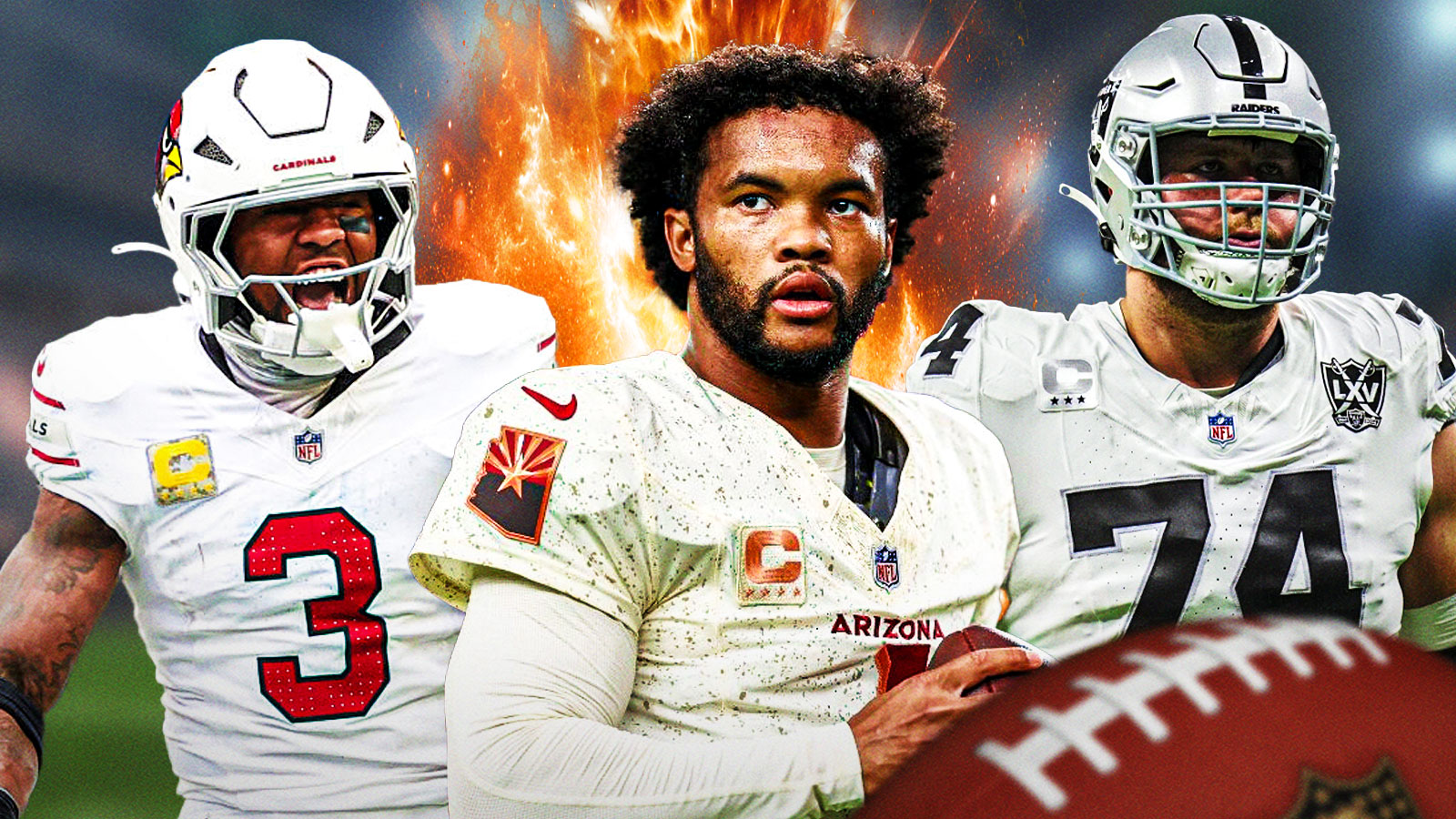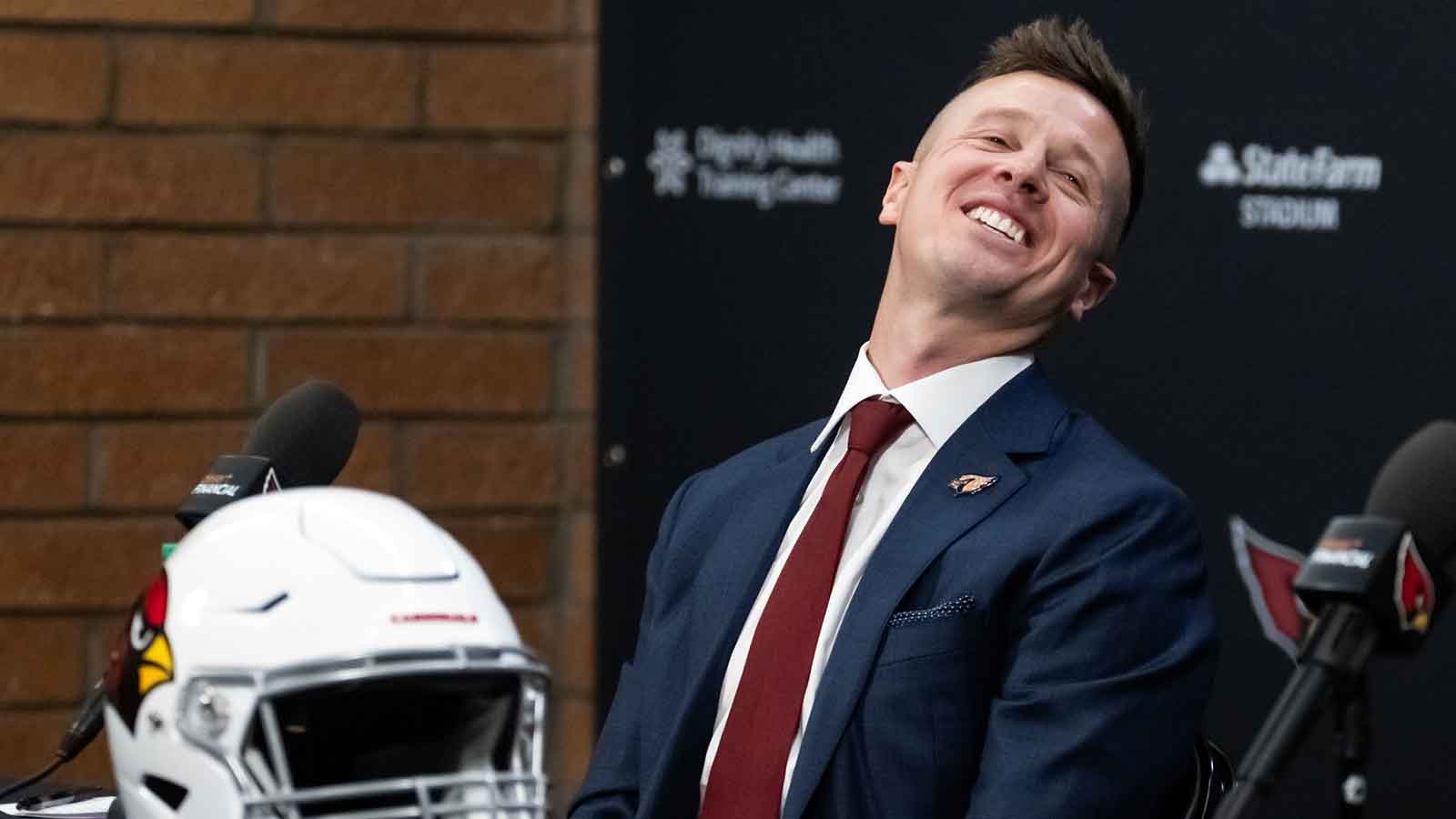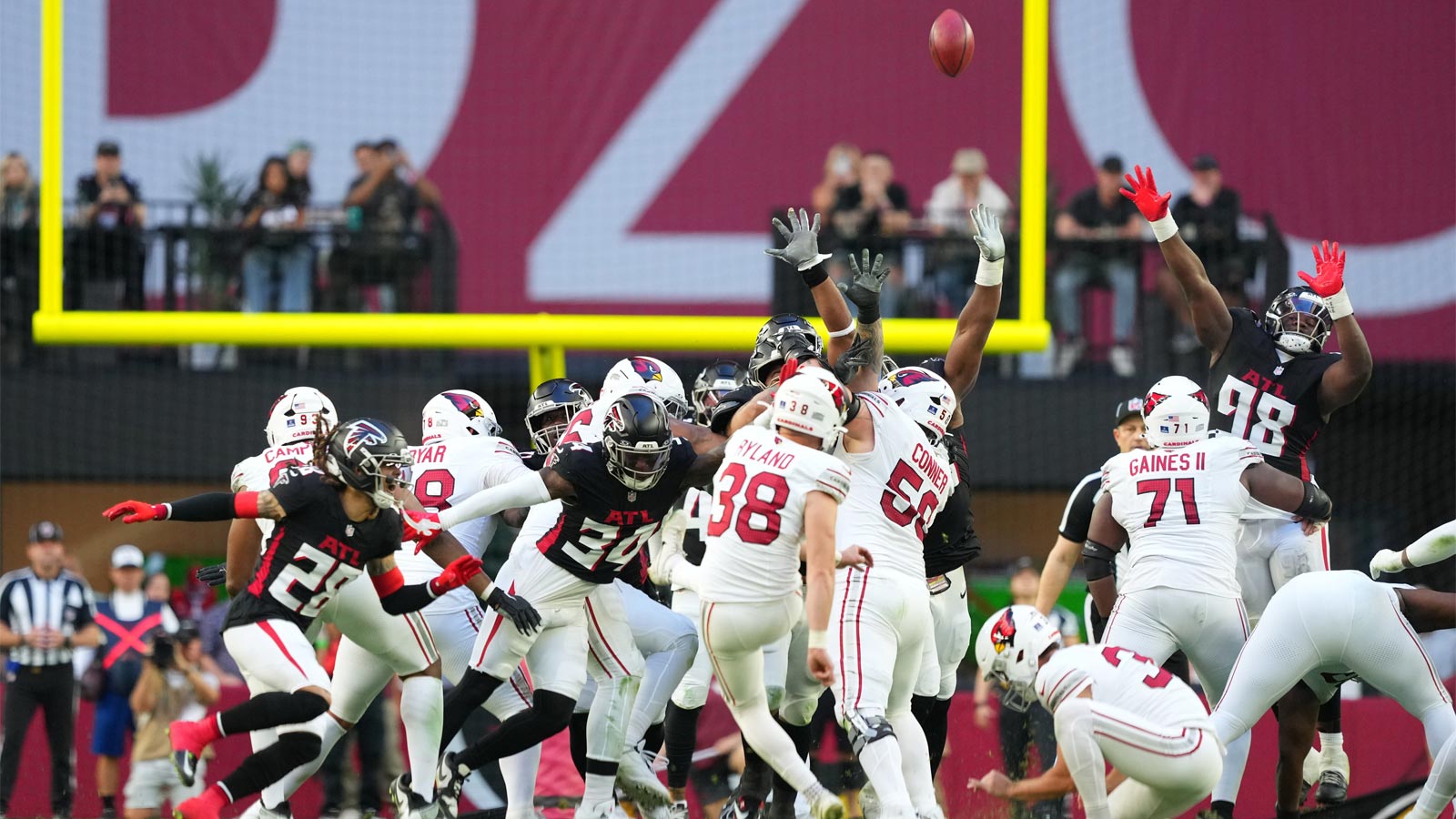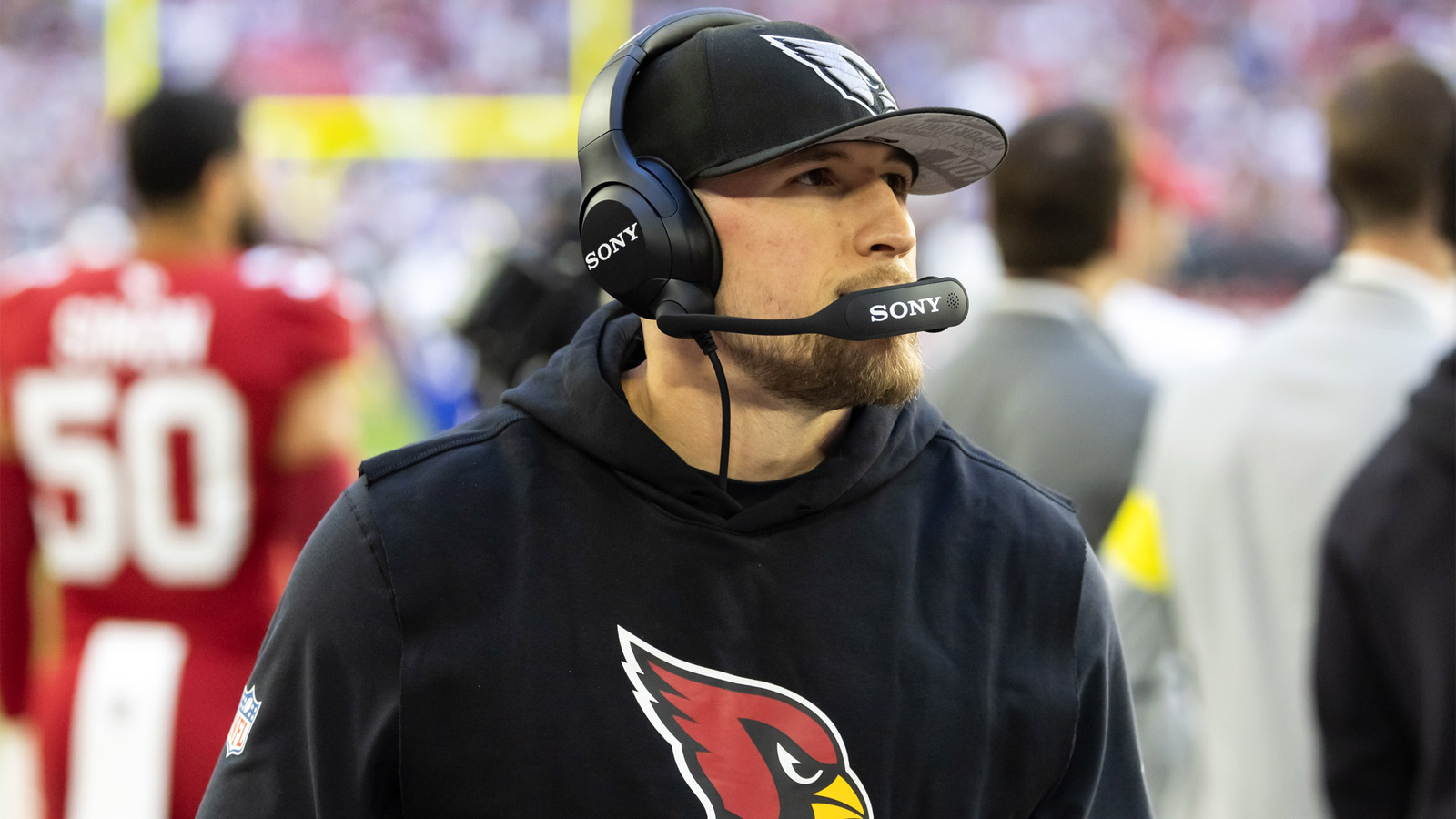The frustration that NFL fans feel toward officiating decisions is starting to turn into bewilderment, or even exhaustion. It is becoming tougher to clearly enforce rules, as defensive players find themselves under intense scrutiny for every movement. A controversial penalty in a Week 15 game between the Arizona Cardinals and New England Patriots has many people wondering if some discretion should be used when policing helmet-to-helmet hits.
Mobile quarterbacks are more susceptible to absorbing incidental contact, particularly when they lower their head like Kyler Murray appeared to do on Sunday. The two-time Pro Bowl selection threw a brutal interception at his team's own 18-yard line right before Patriots linebacker Anfernee Jennings crashed into him, via @MrAzSports (originally @SavageSports_). A flag was thrown for roughing the passer, nullifying Jonathan Jones' pick and denying the Pats a golden opportunity to score. The Cardinals ultimately prevailed, 30-17.
Murray exited the game as a result of the play but did return for Arizona's next drive. Jennings jumped at an awkward angle, suggesting that he might have been trying to avoid a helmet-to-helmet collision. Murray appeared to lower his head just as the two-time national champion rushed forward to tackle him. But context is not typically a factor when making a ruling on these type of plays.
1. Kyler has to stop throwing an awful pick like this each week.
2. I’m not sure that’s a rouging the passer call..
pic.twitter.com/X096kT0gbe— 🌵 Mr. Az (@MrAzSports) December 15, 2024
Official reveals why penalty was called in favor of Cardinals' Kyler Murray
The pool report may not offer Patriots fans the clarity they are looking for in the aftermath of yet another loss. Part of the exchange between ESPN's Mike Reiss and referee Ron Torbert can be seen below.
Question: “If in a situation like that, a quarterback maybe lowers his head after throwing the ball before contact was made by the defense, how would that affect the protection to quarterbacks under the roughing the passer rule?” Reiss asked.
“By rule, that action does not impact the protection that he gets from forcible hits to the helmet,” Torbert replied. “We would have to see that action if it happens. That in itself does not change the protection that he gets from forcible hits to the helmet.”
Torbert's explanation will probably nauseate pass-rushers around the league. He is seemingly implying that the burden falls on the defensive player to avoid the helmet at all costs under all circumstances. Safety is obviously the number one priority, but assigning accountability can be murky in certain instances. Football is a violent game, and sometimes things just happen.
The Cardinals led 16-3 late in the third quarter at the time the penalty was issued, but there is no telling what would have happened if Drake Maye and the New England offense claimed possession deep in Arizona territory. New England had other chances to make a mark, though.
While few people will use this officiating decision to complain about the game's outcome, it highlights a broader question that is becoming more prevalent as the season progresses. Are defenses being irreparably hindered?








